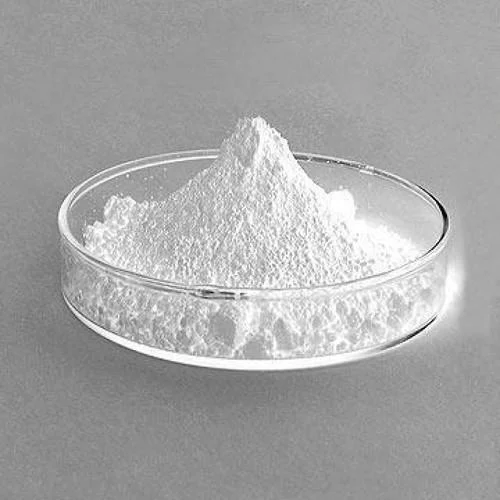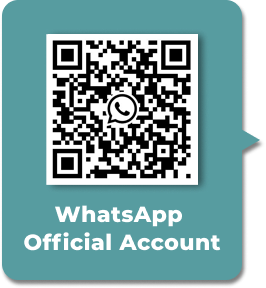A phase 2b trial of Conatus Pharmaceuticals’ emricasan has missed its primary endpoint. The setback wiped 55% off Conatus’ stock in premarket trading as investors digested the implications of a second midphase failure in eight months.
Two years ago, Novartis thrust Conatus into the limelight by paying $50 million to secure an option on emricasan, a caspase inhibitor that had shown promise in a small midphase trial. In May 2017, Novartis exercised its option. Conatus’ fortunes have taken a turn for the worse since then, starting with the failure of a phase 2b trial of emricasan in liver transplant patients eight months ago.
Now, emricasan has recorded its second phase 2b failure of 2018. Investigators enrolled 263 NASH patients in the trial and randomized them to receive one of three doses of emricasan or placebo for 24 weeks.
At the end of that period, the trial found that emricasan was no better than placebo at improving hepatic venous pressure gradient (HVPG), resulting in the study missing its primary endpoint. Conatus said the data showed "trends consistently favoring emricasan" over placebo, but the differences fell short of statistical significance.
As happened with the previous phase 2b failure, Conatus found a positive to emphasize in the NASH results. The upbeat interpretation of the data centers on post hoc analyses that separate out the 201 patients with compensated NASH cirrhosis, as opposed to early decompensated NASH cirrhosis.
In the subpopulation of compensated NASH patients, Conatus saw "clinically meaningful differences" in mean HVPG "over multiple baseline HVPG cohorts from ≥13 mmHg through ≥17 mmHg." The two higher doses of emricasan were associated with 10% or greater improvements in mean HVPG over placebo in the subpopulation.
Conatus said patients with baseline HVPG of 16 mmHg or more improved the most. In this subgroup of patients, who are at risk of decompensation and the complications that entails, the trial linked emricasan to a two-point or greater improvement. Conatus thinks that is meaningful.
"We have recently shown that the risk of decompensation and death rises with progressive increases in HVPG. Conversely, reductions in HVPG as small as 1 mmHg can reduce the risk of decompensation or death," Yale School of Medicine’s Guadalupe Garcia-Tsao, M.D., said in a statement.
With two other emricasan trials due to deliver top-line data next year, Conatus thinks it still has a shot at gathering the results it needs to move into a pivotal program. But the back-to-back clinical trial failures led investors to take a bleaker view of Conatus’ prospects.
-----------------------------------------------------------------------
Editor's Note:
To apply for becoming a contributor of En-CPhI.cn,
welcome to send your CV and sample works to us,
Email: Julia.Zhang@ubmsinoexpo.com.





 ALL
ALL Pharma in China
Pharma in China Pharma Experts
Pharma Experts Market News
Market News Products Guide
Products Guide Brand Story
Brand Story























 Pharma Sources Insight January 2025
Pharma Sources Insight January 2025








